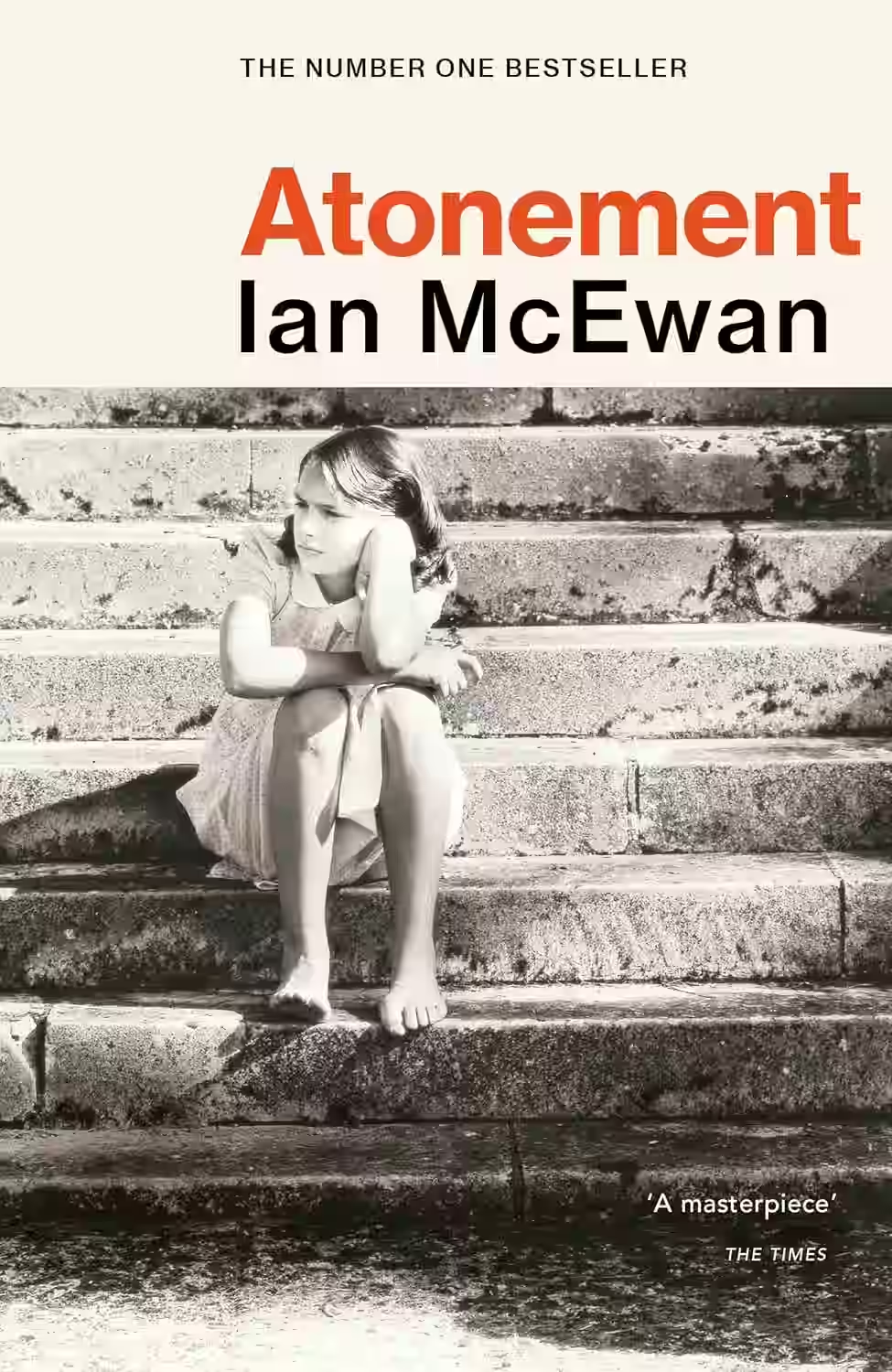Ian McEwan
Ian McEwan, born on June 21, 1948, in Aldershot, England, is one of Britain's most celebrated contemporary novelists, renowned for his sharp psychological insight and precise prose. Educated at the University of Sussex and the University of East Anglia, McEwan made his literary debut with the collection of short stories, 'First Love, Last Rites' (1975), winning the Somerset Maugham Award. He gained widespread acclaim for novels like 'Atonement' (2001), a complex narrative exploring themes of love, war, and guilt, which was adapted into an Oscar-winning film. His works often delve into moral dilemmas and societal critiques, cementing his role in modern literature. Other notable novels include 'The Cement Garden' (1978), 'Amsterdam' (1998), which won the Booker Prize, and 'On Chesil Beach' (2007). McEwan's narrative brilliance and intellectual depth have significantly impacted contemporary literature, making him a pivotal figure in the exploration of human consciousness and ethics through fiction.

Ian McEwan's 'Atonement' intricately weaves a tale of love, guilt, and redemption, capturing the reader from the onset. The novel begins in 1935, introducing Briony Tallis, a precocious 13-year-old, whose misinterpretation of a series of events leads to a devastating accusation that alters the lives of her sister Cecilia and Robbie Turner, the family gardener. Set against the backdrop of World War II, McEwan masterfully explores the themes of innocence lost and the corrosive nature of guilt. His vivid prose and meticulous attention to detail create a haunting narrative that questions the reliability of perception and the possibility of redemption. The novel's final twist is both poignant and thought-provoking, leaving a lasting impact on its audience.